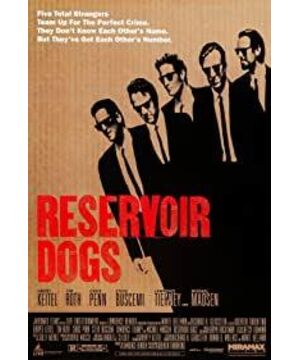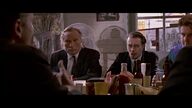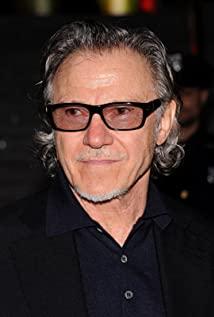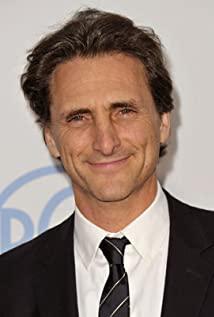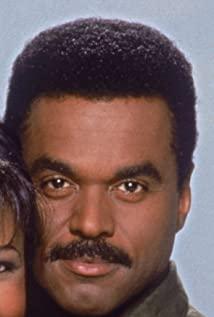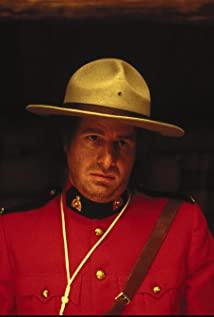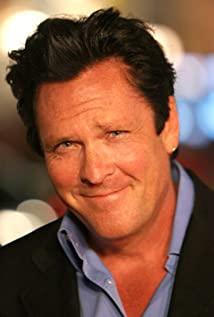Quentin's film language is to serve the "relationship" in the situation, in order to accurately, quickly and strongly pull out the tension between relationships in the situation, and to express contradictions, contradictions of characters, or some abstract concepts in this tension. The contradictions, such as loyalty, freedom, love and so on. This kind of contradiction may make people reflect, but it doesn't stop there, he is not responsible for the results of your reflection. It's hard to see so-called good people in Quentin's work. Everything is fluid, with the tension of relationships. Quentin doesn't teach you how to be human, and he probably hates being a good teacher too much.
Quentin loves non-linear narratives, and his philosophical attitude may be evident in this writing style. Nothing is linear, definite, and rigid. He is a master of event handling. The occurrence of an event will become isolated and boring from any first perspective, but if the order of time and space is rearranged, from multiple perspectives, the entire event will quickly become vivid, Quentin's narrative structure and narrative method keep events alive and understandable at the same time, not only understandable, but also witty. This is the Quentin flavor.
Again, I don't think Quentin's films have any pragmatic purpose, and he'd be hard-pressed to satisfy audiences' quirks of wanting to grow in whatever they watch. All his art is even full of dialectical spirit, contradiction, negation, and openness, without a rigid ethical orientation. From this point of view, the Bruce Lee problem of Hollywood's past is really a forced cap, and there is no need to put Quentin there to evaluate.
View more about Reservoir Dogs reviews


